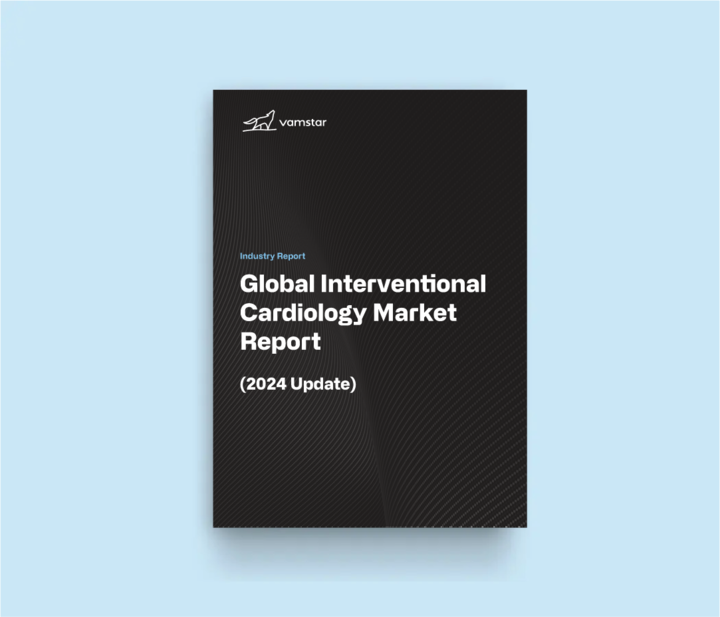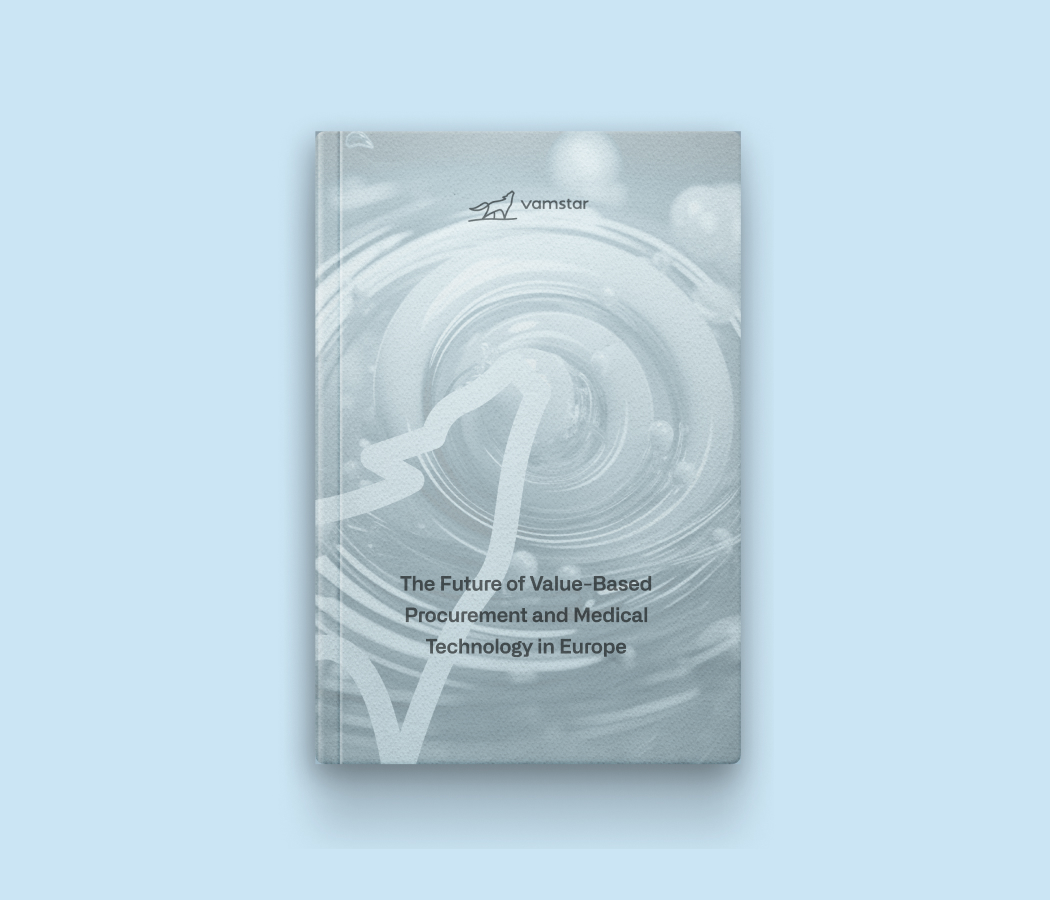5 minutes read
Latest Developments in the Pharmaceutical Industry: Innovations and Advances in 2024
The pharmaceutical industry is experiencing a period of rapid innovation and development, fuelled by technological advances, regulatory changes, and a heightened focus on patient-centric care.
This article explores the most recent and significant developments that are shaping the future of healthcare and pharmaceuticals in 2024.
As we move through 2024, several key developments are shaping the future of pharmaceuticals, promising to enhance patient outcomes, streamline drug development, and expand the reach of personalised medicine.

1. Revolutionising Drug Development with AI and Machine Learning
Artificial Intelligence (AI) and Machine Learning (ML) are pivotal in transforming drug discovery and development processes. These technologies are not just accelerating research but are also making it more cost-efficient and reducing the time to market for new drugs.
Key Highlights:
- AI in Predictive Models: Technologies like AI neural networks are being utilised to predict the outcomes of drug interactions before physical trials commence, significantly shortening the development timelines and enhancing safety profiles.
- Machine Learning in Genomics: ML algorithms are crucial in parsing through vast genomic datasets, helping in the identification of biomarkers and understanding disease mechanisms at a molecular level, thus paving the way for personalised medicine strategies.
2. Advancements in mRNA Vaccine Technology
The success of mRNA vaccines against COVID-19 has propelled the use of this technology against other formidable diseases, including cancer, Zika, and autoimmune diseases. Its mechanism, which uses messenger RNA to trigger an immune response, is proving to be a versatile platform for rapid vaccine development and deployment.
Key Highlights:
- mRNA in Oncology: Clinical trials are exploring mRNA vaccines that prime the immune system to recognise and destroy cancer cells, marking a significant step forward in cancer immunotherapy.
- Expansion to Other Diseases: The technology is also being tailored to combat a range of infectious diseases, with trials for mRNA-based influenza and Zika vaccines underway.
3. Enhanced Focus on Rare Diseases
There’s a growing emphasis on addressing rare diseases, historically overlooked in the pharmaceutical field. Innovations in genetic research and drug design are facilitating the development of effective treatments for these conditions.
Key Highlights:
- Gene Therapy Innovations: Technologies like CRISPR and gene silencing are being harnessed to tackle rare genetic disorders at their genetic roots, offering not just treatments but potential cures.
- Orphan Drug Advances: The FDA’s Orphan Drug Act provides incentives for the development of drugs for patients with rare diseases, leading to a robust pipeline of new drugs aimed at these populations.
4. Regulatory Innovations Speeding Up Approvals
Regulatory agencies are evolving to expedite the approval processes, particularly for critical and life-saving medications. The FDA and its global counterparts are implementing faster, more flexible review processes to bring treatments to market more swiftly.
Key Highlights:
- Real-Time Oncology Review (RTOR): This FDA initiative allows for the real-time submission of data segments as they become available, speeding up the review process without compromising on safety.
- Project ML algorithms: Through this initiative, international regulatory agencies collaborate to concurrently review and approve oncology drugs, facilitating quicker patient access across different regions.
5. Sustainability Practices in Pharma Manufacturing
As environmental concerns grow, the pharmaceutical industry is turning towards more sustainable manufacturing processes. These practices not only help in minimising the environmental impact but also in adhering to stricter regulations and improving societal goodwill.
Key Highlights:
- Waste Reduction Initiatives: Companies are adopting synthetic biology and green chemistry, which reduce hazardous waste and improve yield by using environmentally friendly materials.
- Energy Efficiency: There is a significant push towards utilising renewable energy sources in manufacturing facilities, reducing the carbon footprint of production sites worldwide.
6. Digital Health Integration
The integration of digital health technologies is redefining how pharmaceutical services are delivered. These tools are becoming integral in clinical trials, patient monitoring, and in the management of chronic diseases.
Key Highlights:
Telemedicine: This technology is pivotal in remote patient management, allowing for continuous communication and monitoring, which is essential for chronic disease management and for populations residing in remote areas.
Wearable Technology: Wearables are extensively used in monitoring patient vitals and conditions in real time, providing a stream of data that aids in personalized drug formulation and treatment plans.
Conclusion
In 2024, the pharmaceutical industry is set to overcome many of its traditional challenges through the adoption of innovative technologies and methodologies.
From AI-powered drug discovery to sustainable manufacturing practices and the rapid development of mRNA vaccines, the sector is not only poised for transformative growth but also for a redefined approach to global healthcare provisioning.
As these technologies mature and integrate more deeply into the Pharma landscape, they hold the promise of delivering more precise, effective, and personalised healthcare solutions across the globe.
Register To Find Out More
Enhance Your Commercial Practices Today.
Other Materials
Book a 30 minutes meeting with us
Welcome to our scheduling page! Please choose an available date below to get started.
30 minutes meeting
We’ll email you the meeting link


























